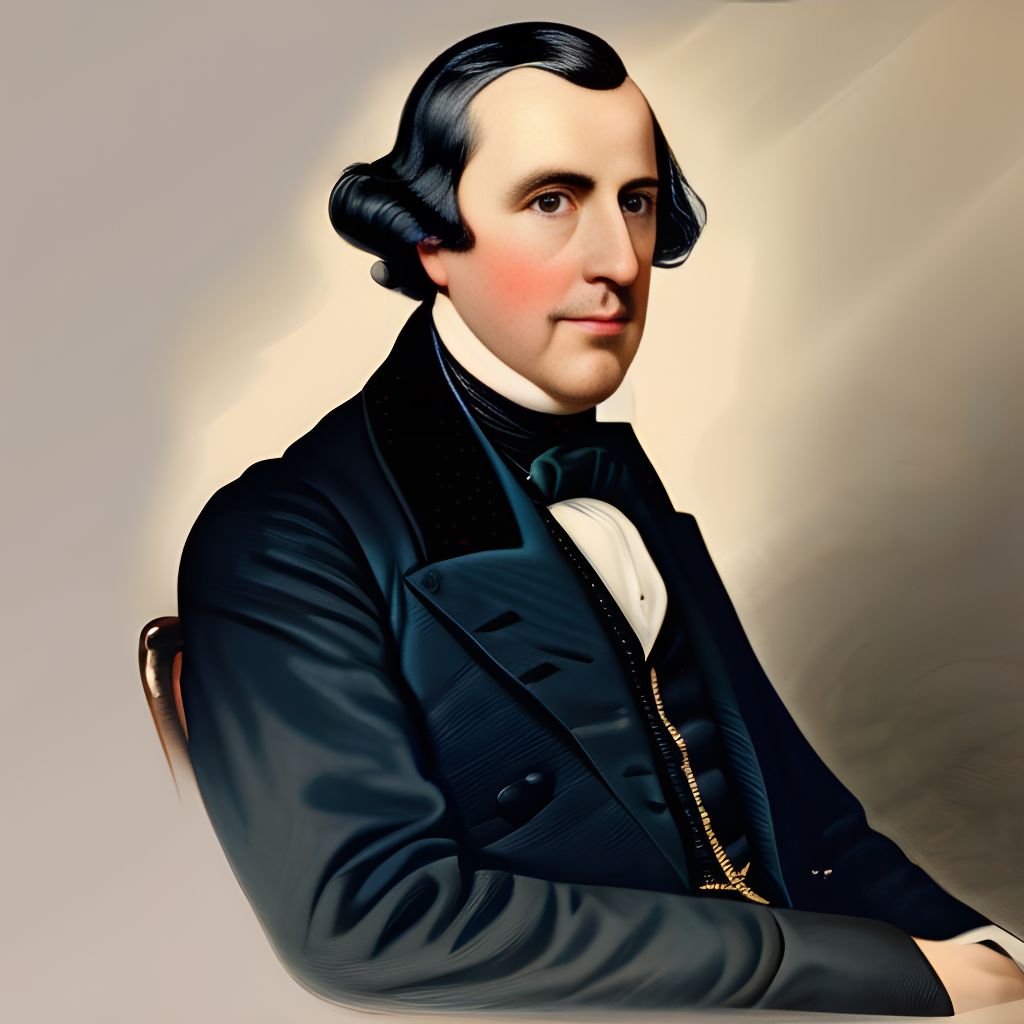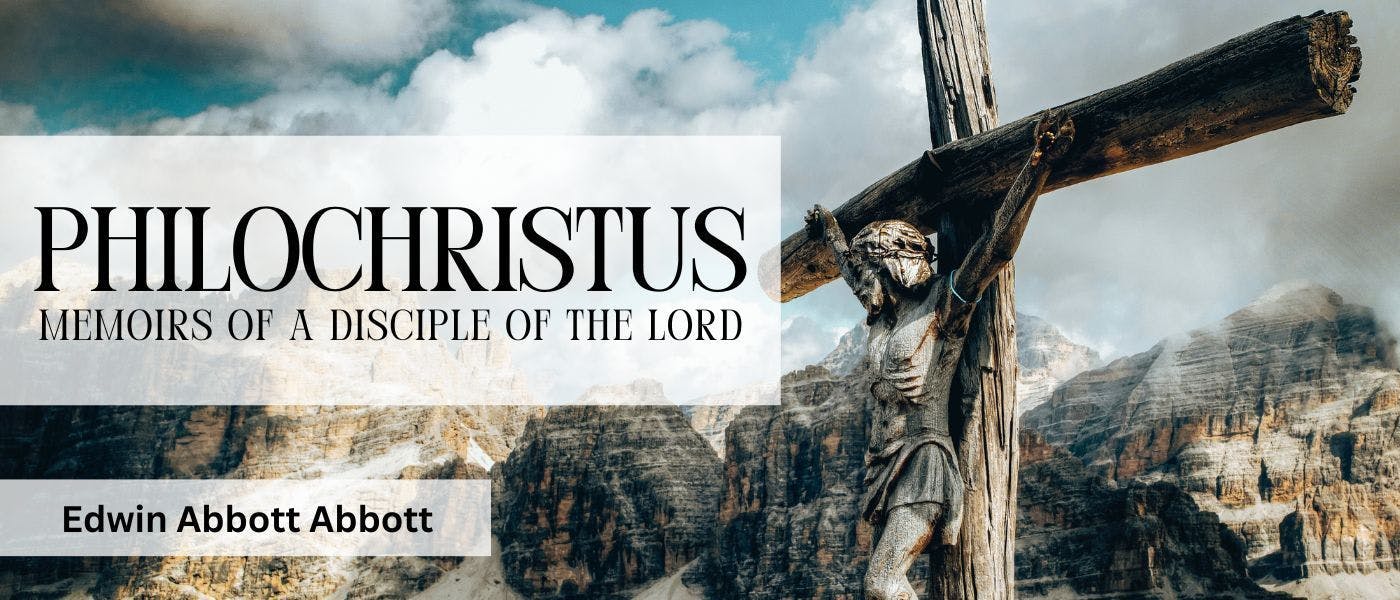How Jesus appeared ofttimes to his disciples; and how, after many days, he ascended up to heaven.
by
November 10th, 2023
Audio Presented by

Edwin Abbott Abbott FBA was an English schoolmaster, theologian, and Anglican priest, and author.
About Author
Edwin Abbott Abbott FBA was an English schoolmaster, theologian, and Anglican priest, and author.
